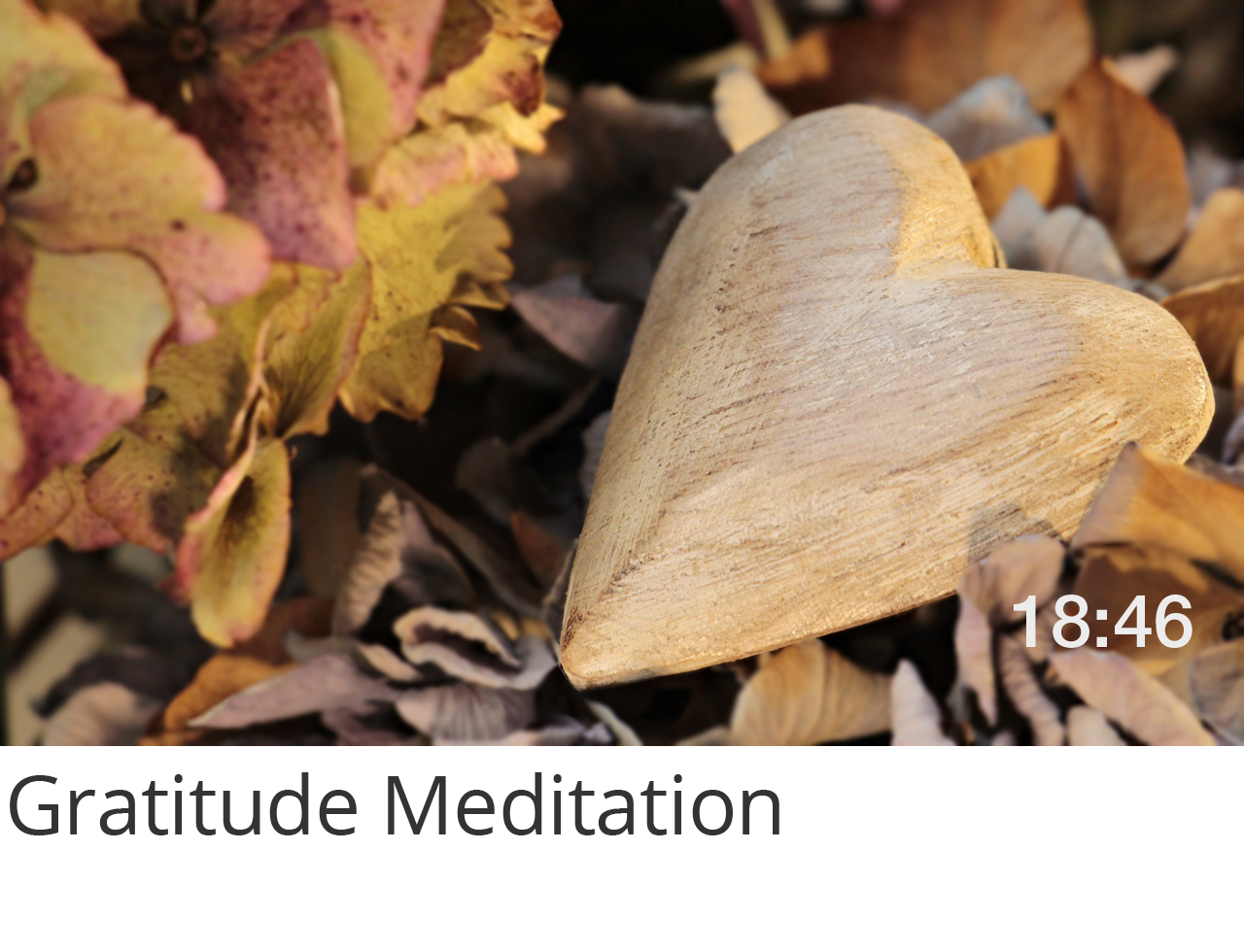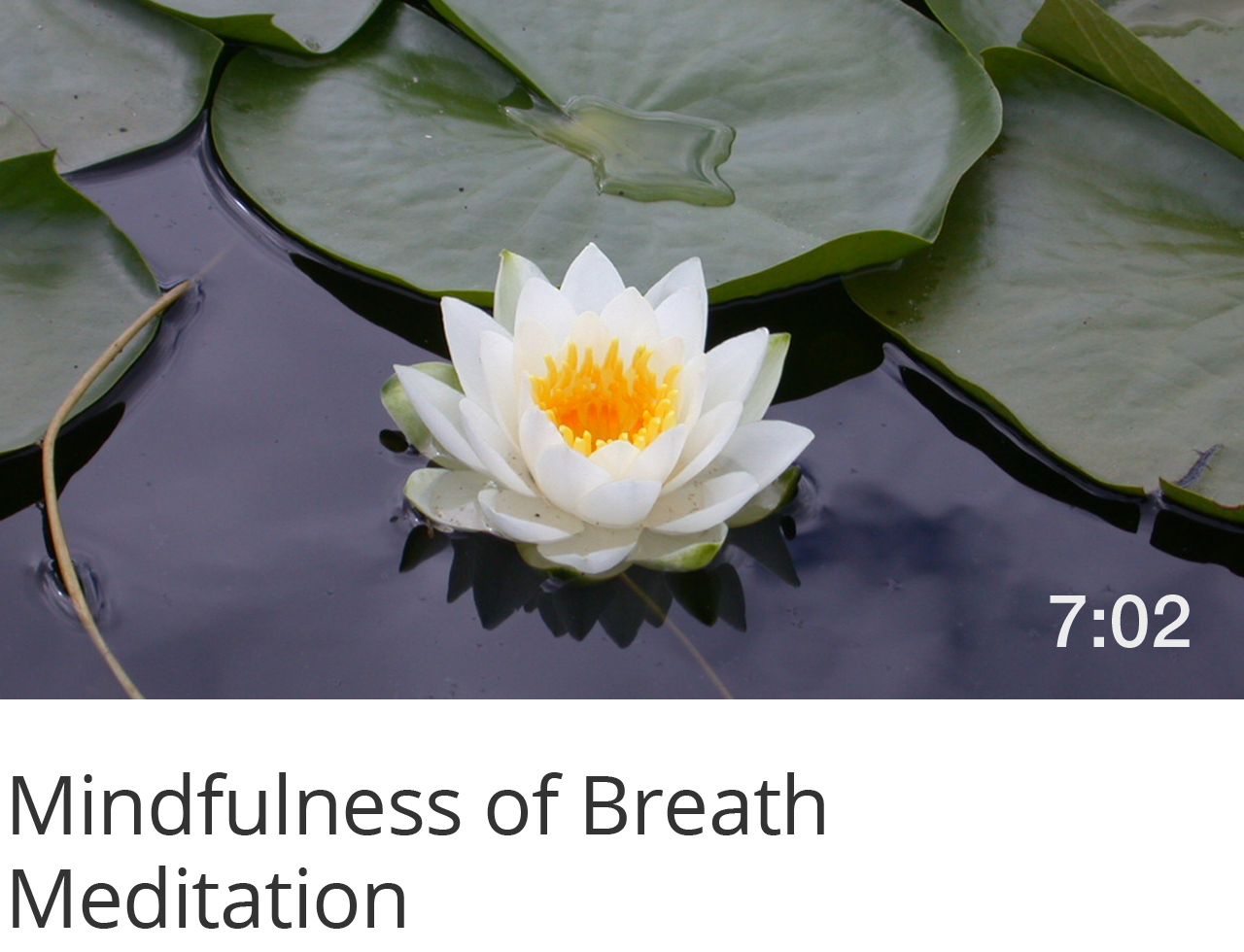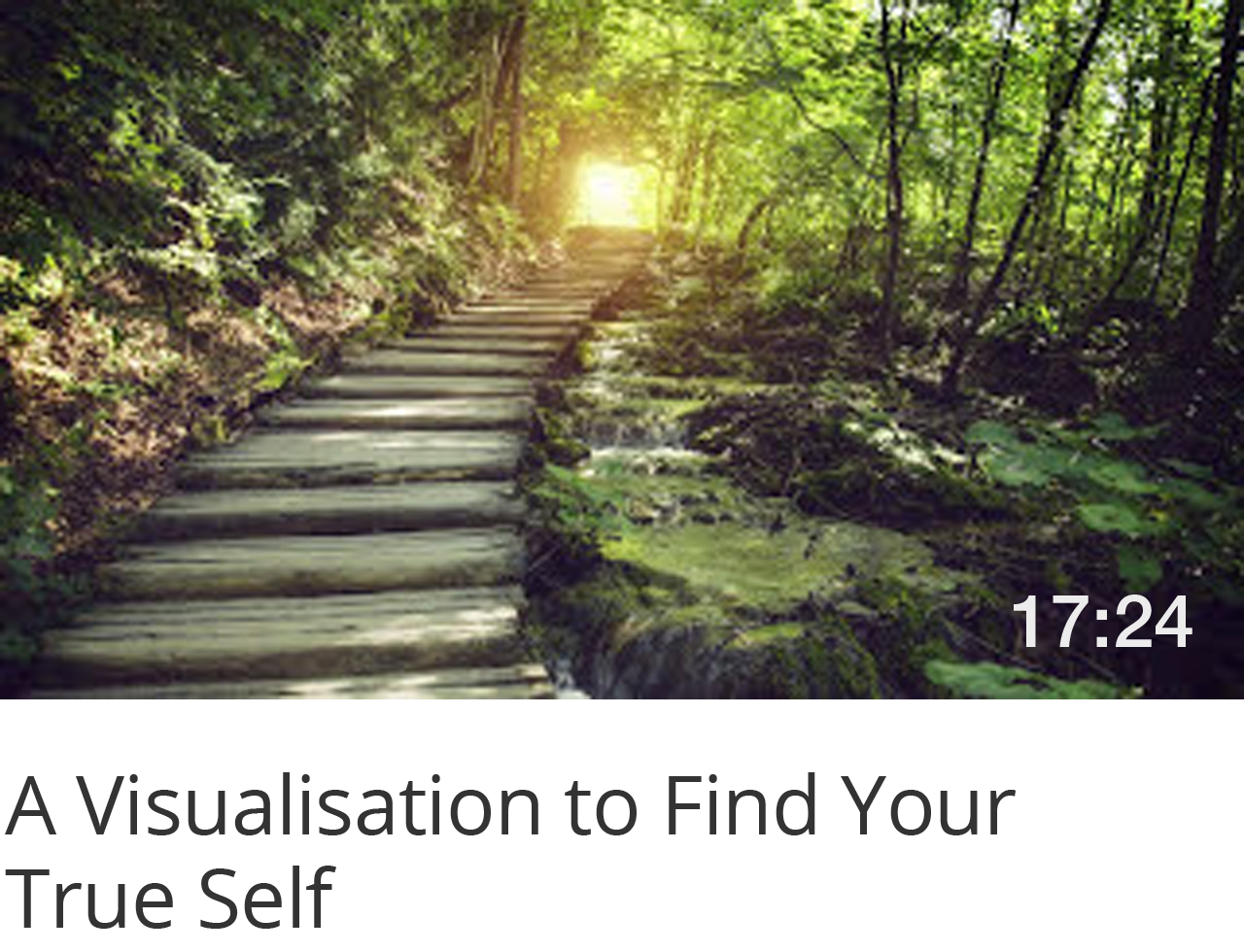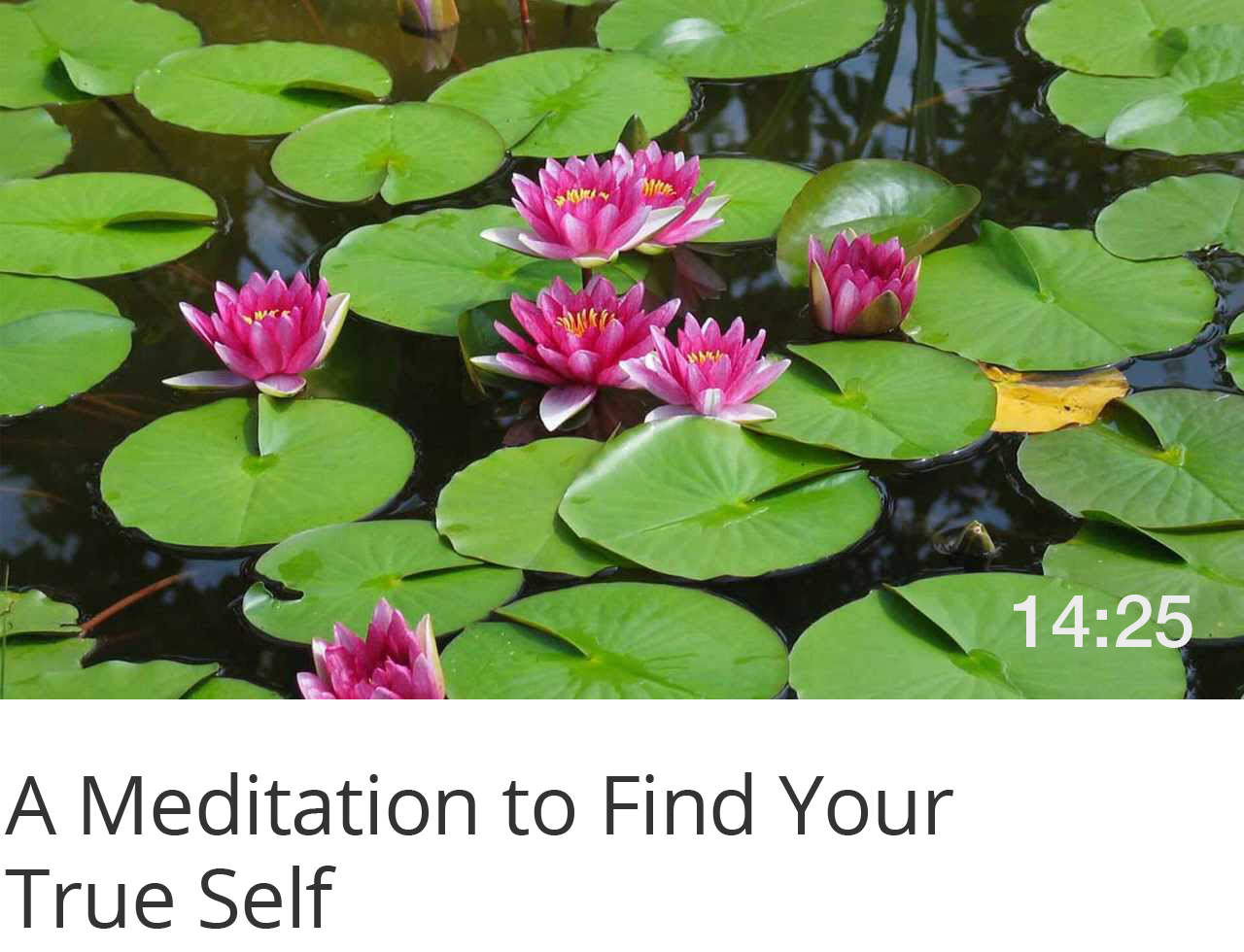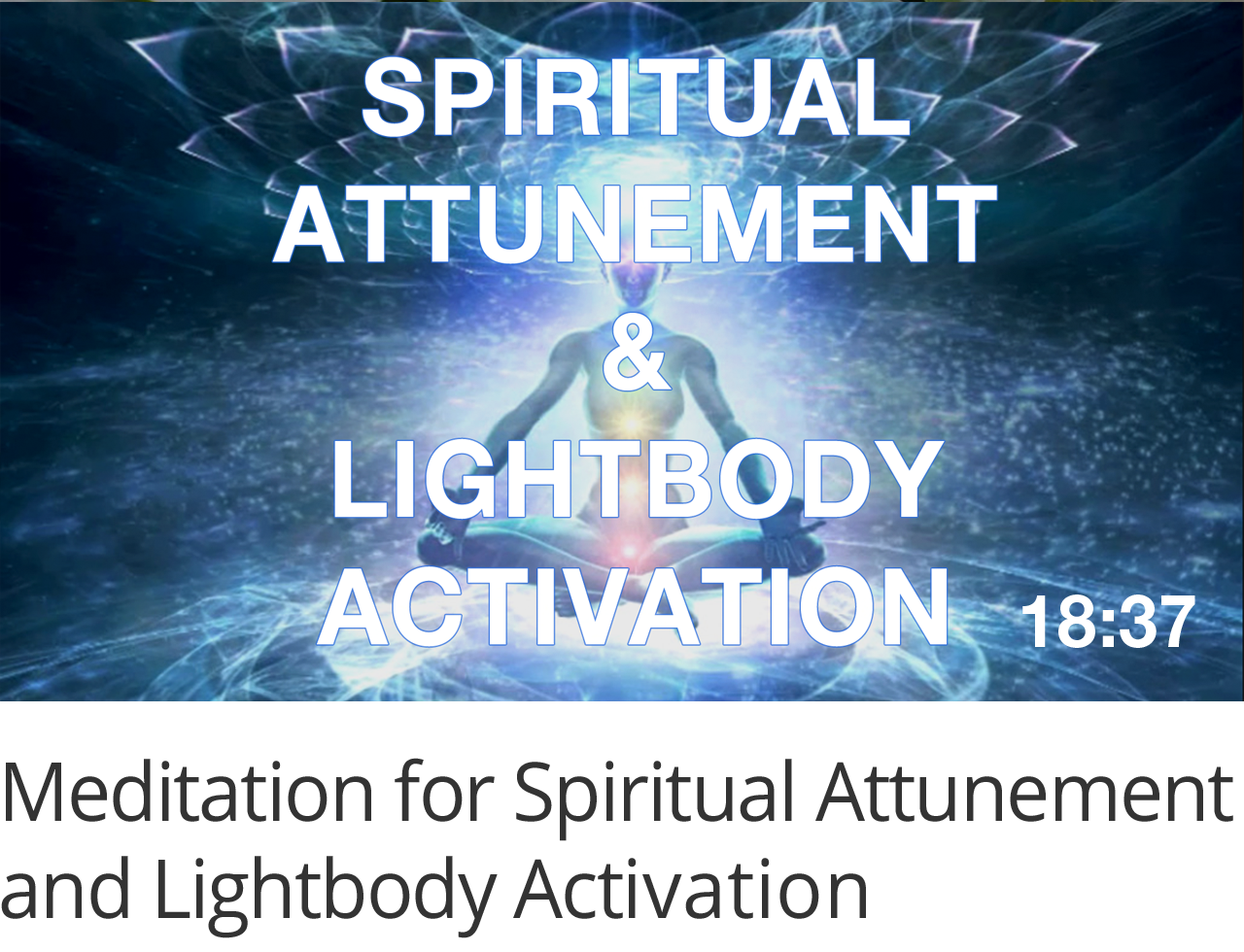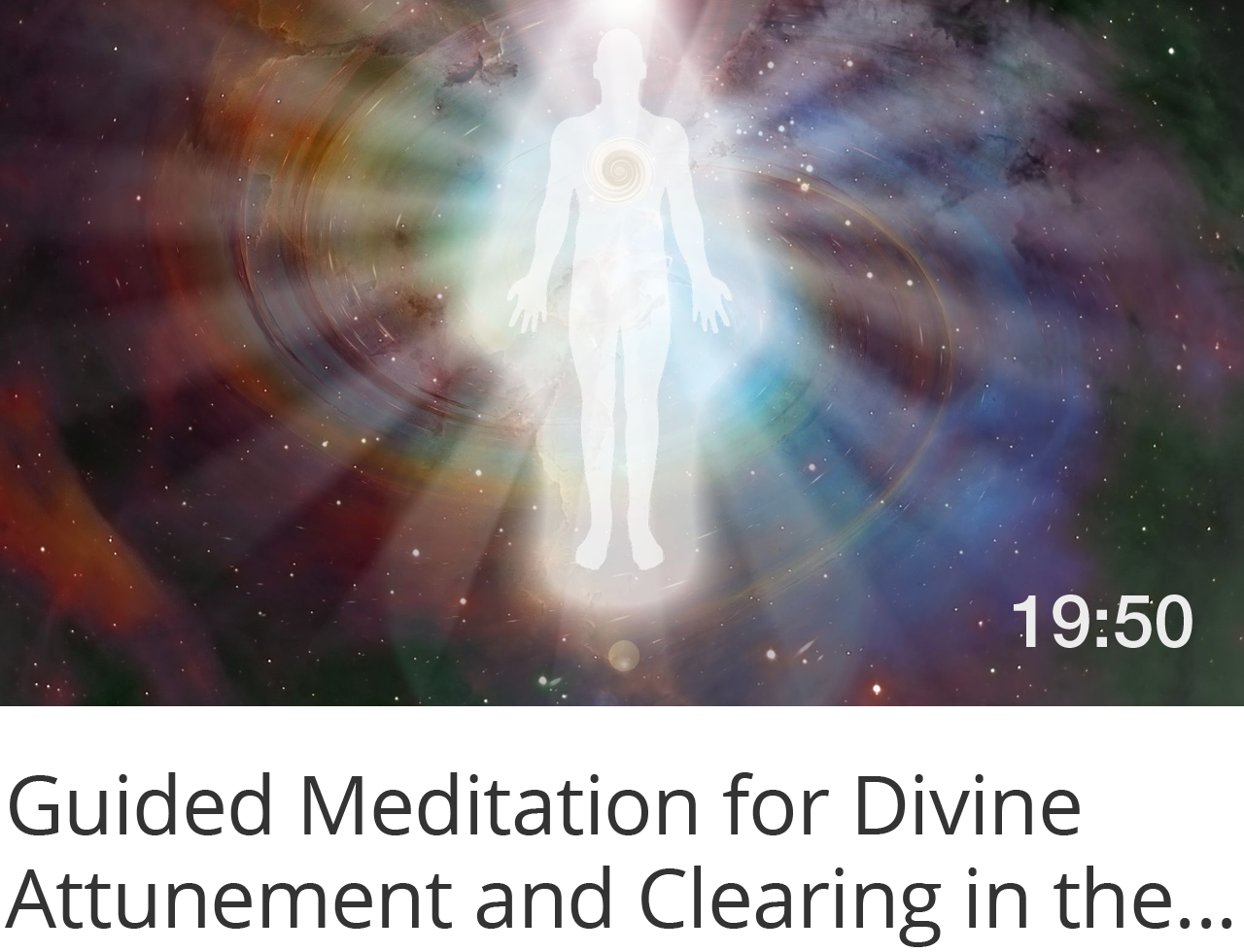Cognitive dissonance was coined by social psychologist Leon Festinger in 1957. It refers to a state of inconsistency between our thoughts or inner experience that generates discomfort and stress. To reduce this discomfort and stress, we will often distort our thinking and adopt dysfunctional behaviour rather than adopt responsible behaviour by facing our inner resistances to processing the inconsistency positively.
A common example of this is with smokers who know the harm they are doing to their health by smoking, but still do it because they adopt a distortion of thinking that legitimises it, thinking for example that the risk of doing so is much smaller for them.
Here are some more examples of negative behaviour driven by cognitive dissonance:
- Dismissing the truth that is pointed out to you because you cannot handle the consequences of it being true.
- Wanting to lose weight but continuing to eat unhealthily because you choose not to take responsibility for your addiction.
- Saying that you love animals one moment and eating meat that has been inhumanely farmed the next, justifying your behaviour with an excuse.
- Turning a blind eye to the criminal behaviour of governments, companies, or organisations because you don’t want to hold them to account.
- Feeling that the rich-poor divide in the world is wrong while continuing to purchase items from trillion-dollar companies because of convenience.
A Strategy of Denial
You will notice with the negative behaviours driven by cognitive dissonance that there is always a weakness in processing the inconsistency positively, and a strategy of denial.
In the first example in the list above, if admitting the truth that is pointed out to you would shatter your belief systems, or would require you to face the uncomfortable guilt of having conspired with a lie, or would require you to take massive action to do the responsible thing, the easiest way out is to distort your thinking by using selective thinking of the evidence against the truth (attentional bias), exaggerating the validity of claims against the truth, and adopting a confirmation bias (favouring information that confirms what we already believe). As part of the strategy of denial we may also distract ourselves and even numb ourselves out so that we don’t have to question our faulty thinking and dysfunctional behaviour.
Why Is It Important to Process Cognitive Dissonance Positively?
Cognitive dissonance is so common it is a stumbling block in nearly all matters of personal and collective growth where the fear of taking responsibility is seen as too overwhelming without the right resources, social connections, and inner state. A lack of basic inner work and community support leads to the unpreparedness that generates the dysfunctional behaviour. Furthermore, the mechanics of processing cognitive dissonance negatively are generally more unconscious than the mechanics of processing cognitive dissonance positively, which means we risk not holding ourselves to account for not taking responsibility and perpetuating a comforting illusion.
The prevalence of dysfunctional behaviour, illusion, and unconsciousness thus becomes a threat to creating or maintaining the higher values in our personal and collective lives. Our failure to proactively create the world we want means that by default it gets created for us, but not necessarily how we want it, and we become passive bystanders or victims in the process. In short, this is why people can end up living their lives in a programmed way, masking their unhappiness with endless addictions and compulsive entertainment, and not taking responsibility for the state of the world which inevitably becomes more corrupt as the misuse of power by leaders goes unchallenged.
For example, with the Russia-Ukraine war, the real long-term issue is not who is a threat to whom or who has invaded whom, or which third parties are meddling in the affairs of these countries, but rather why all leaders and people of influence are not being held to account by themselves and the people for their responsibility to the higher values of peace, compassion, wisdom, and freedom. It is very dangerous to give our power away if there is a lack of responsibility for honouring these higher values by those whom we give it away to.
Even with the emergence of pseudo grass-roots movements who claim to represent the oppressed and make a stand against oppression, very often they simply become talking shops with no real action taken, which is not good when it gives the oppressed the illusion that something is happening to challenge the oppression and thus diverts their energy away from implementing practical solutions. A similar illusion is generated when a controversial leader steps forward in the global arena and projections of a saviour figure are made upon them which gives the illusion that the cavalry is coming over the hill to sort things out for the oppressed. Of course, they are not and the actions of the leader in question will often be misrepresented by the people to yet again justify not taking responsibility and resolving their cognitive dissonance in a positive way.
Exposing Dysfunctional Behaviour Driven by Cognitive Dissonance
When we consider our highest values – and here we may include such values as love, compassion, joy, peace, freedom, truth, wisdom, unity, and empowerment – we immediately give ourselves the chance to take stock of our lives and the compromises we have made against our higher values. This can be a good way to run an audit on our authenticity and expose the dysfunctional behaviour that has been driven by our cognitive dissonance. We can measure our actions against our highest values and therein we will find true judgement of those actions.
Processing Our Inner Resistances by Coming Back to Centre
The ability to gain the strength, resources, and wisdom to face our inner resistances is essential to recover from the dysfunctionality driven by cognitive dissonance. While you can gain information about cognitive dissonance, cognitive distortions, and cognitive bias, this alone is not enough to do the job. Your subconscious drives will often be working against your endeavours in order to hold the resistance in place, because of the fear of facing what you resist. What if the truth is fearful to acknowledge? What if it is so huge you would risk going into a breakdown if you acknowledged it? What if honouring the truth would mean you might lose friends or lose contact with your family? What if you don’t want to lose your comforts and attachments that your conspiring with an illusion has created? Think about it. The mind is very powerful and will do everything to stay safe – including deceiving you with illusion and cognitive distortions.
So, what strength, resources, and wisdom do we need to face our inner resistances and then process our cognitive distortions healthily and positively? It turns out that we must come back to the centre of our true, pure nature or unconditioned self. This is a place outside of the ego’s conditioned reactivity. Meditation upon your true nature, if practised regularly, will help you to get here. Many people who meditate are simply stilling their mind and going no further, or they may actually be practising mindfulness, which is being aware of the present moment from a potentially limiting context. That may be enough for them if they are simply stressed and seeking inner peace or a degree of presence. But, for transforming consciousness, we have to take meditation further and use the inner stillness as the condition for building a centre of focus and connecting to the true self in full presence, which is our place of power, resourcefulness, and wisdom. The strength, resources, and wisdom of our true nature are waiting here to be claimed. They are not products of the rational mind: they are simply given to us as qualities once the identity shift has taken place and we are present in our unconditioned self.
In your true nature, you are free of the reactivity of the ego or the conditioned self. The subconscious impulses will no longer be fuelled, and, over time, the ego will become transfused with the light of your true nature as its distortions and limiting patterns dissolve through true presence, which is the grounding of the light of your true nature into your physical nature. Given a strengthened presence within the unconditioned self, we are then in a good position to uncover our resistances and to move beyond them without reactivity so that the cognitive dissonance can be processed positively rather than negatively.
What does this mean practically? If we take the example of accepting an uncomfortable truth – and this can be something in our own personal lives or something in the wider collective context that we are part of – we must first be honest with ourselves and be willing to hold ourselves under full self-scrutiny, no matter what the outcome of this may be. And here we could be talking about something that has had huge consequences. What if we have all along been personally irresponsible by failing to take important action? What if we have been conspiring in the collective support of a criminal or tyrannical regime through our acts of commission or omission? What if people’s lives have been lost in wars and other schemes because we collectively failed to acknowledge the madness and put a stop to it? What if the lack of peace and order in the world is because we, along with many others, numbed out rather than played our part to transform society into a peaceful one? Being willing to take responsibility where we are accountable is perhaps the biggest requirement in processing a cognitive distortion positively, and we need to honestly define that accountability and own it. If you are overweight due to overeating, be responsible for the addiction and the emotional needs that drive the overeating and then you can start to resolve them rather than force yourself to go on a diet which is not really setting you free. Whatever the scenario, be willing to take one hundred percent responsibility for your acts of commission and omission. What did you do that was damaging? What did you not do that has also been damaging?
Once we are willing to hold ourselves under full self-scrutiny and are willing to accept and then face the uncomfortable truth, we will also need to clear any associated negative emotions (such as fear or guilt), no matter what their force, because we are stronger than them when we are rooted in the centre of our true selves. Of course, the force of these negative emotions is in direct proportion to the conditioned and reactive nature of the ego: the more conditioned and imprinted you are, the more vulnerable you are to fear or guilt. So you draw upon the power of your true nature. And the bigger the resistance, the more of your true nature you will need to draw upon. If the fear of experiencing emotional pain overwhelms you, choose the healing power of your unconditioned nature and know that in your centre you are free of the reactivity that makes up the emotional pain. The pain will not then overwhelm you.
Once you can welcome the inner resistance, you can dissolve it in the light of your true nature. This happens naturally, and all you need to know is how to be centred in your true nature as you experience the resistance. On the mental level, you can challenge the faulty reasoning associated with the resistance – which means exposing the cognitive distortions and cognitive bias that were originally generated from an unresourceful place when you didn’t feel able to handle the cognitive dissonance. If the truth is perceived by the ego self as too hard to face, ask why. Where is the evidence for and against? What cognitive distortions are at play? What assumptions are being made? What is not being questioned?
Let’s look at smoking and be brutally honest as we hold ourselves to account:
- Is it really the case that I will be lucky and my health will be fine if I smoke?
- Is it really the case that I don’t care about my health if I smoke and it makes me ill?
- Is it really the case that I can’t handle the addiction of the smoking?
- Is it really the case that I can’t handle the emotions that have given rise to the addiction?
- Is it really the case that I am a tough guy if I smoke?
Once the cognitive distortions and faulty reasoning are exposed and acknowledged, we can begin to reframe them and create a healthier, positive response rather than dysfunctional behaviour:
- I am willing to stop smoking now so I am in my power rather than trusting in exaggerated luck.
- I care about my health because I am worth it.
- I can handle the addiction of the smoking with the right resources, power, and wisdom that are available in my centre.
- I can handle the emotions behind the addition with the right resources, power, and wisdom that are available in my centre.
- I am only really a tough guy if I can face and overcome my inner resistances and reactivity by being in my centre.
The positive behaviour will inevitably follow from this inner work as responsibility is taken, as will the collapse of the cognitive dissonance. Of course, setbacks are possible if the work has not been thorough enough, so in this case we continue with the work as more material is exposed for working on. Commitment to the work and a dedication to our authenticity is what will carry us through to the end. Step by step, this commitment will make the world a better place.
Summary
Cognitive dissonance is a common state of inner contradiction that is either resolved negatively or positively. To be able to resolve the cognitive dissonance positively, we must have the inner resources and wisdom to acknowledge, own, and clear our resistances, and then to take responsibility for creating the positive resolution. Developing a strong centre of presence in our true nature is vital for this process to occur, and a committed network of community support with those who are doing the same will be the fastest way to collective growth.


